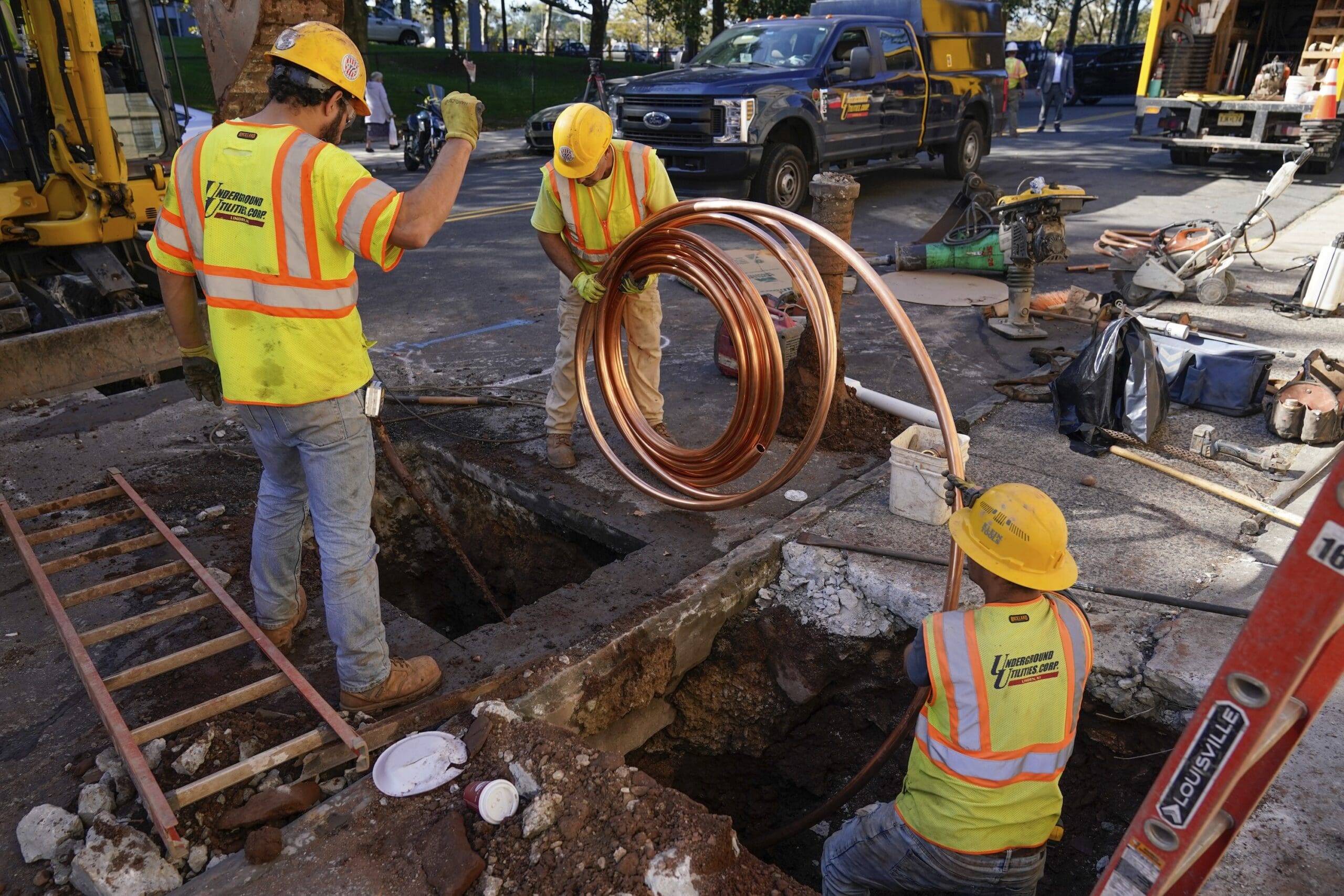US Forest Service sends aid to Michigan communities to help fight extreme heat
The federal grants are part of a $1 billion investment in urban forestry projects across the country.
The Department of Agriculture’s Forest Service announced on Sept. 14 that the U.S. Forest Service has awarded 11 grants totaling $32.9 million to Michigan communities to increase access to trees and green spaces as part of efforts to counteract the effects of climate change.
The awards went to organizations operating in Ann Arbor, Detroit, Hamtramck, Jackson, Kalamazoo, Lansing, Pontiac, Sterling Heights, Grand Rapids Parks, Flint, and surrounding areas.
The Forest Service sent a total of $1 billion in grants to communities in all 50 states and Washington D.C., as well as to U.S. territories and Native American tribes.
“Thanks to President Biden’s Investing in America agenda, we are supporting communities in becoming more resilient to climate change and combatting extreme heat with the cooling effects of increased urban tree canopy, while also supporting employment opportunities and professional training that will strengthen local economies,” Agriculture Secretary Tom Vilsack said in a statement.
The Urban and Community Forestry Program, which was created by the Inflation Reduction Act, is the only federal program focused on the improvement and enhancement of urban forestry, according to the Department of Agriculture.
President Joe Biden signed the Inflation Reduction Act into law in August 2022. Michigan’s Democratic members of Congress, including Sens. Debbie Stabenow and Gary Peters, voted for the law, while the state’s Republican members of Congress voted against it.
“Planting trees is more than just burying a plant in the ground. It’s about preserving our Michigan way of life for generations to come,” Stabenow said in a release. “Having more green space in a neighborhood helps lower temperatures in extreme heat and improves the health and well-being of those living in these communities.”
The forestry program is a part of Biden’s Justice40 Initiative, which aims to direct 40% of designated federal investments to communities that have been historically disadvantaged, marginalized, and underserved. The initiative has focused on environmental justice projects that mitigate the effects of pollution and climate change in underserved communities.
Studies have found that residents in Black and minority neighborhoods experience higher rates of death and illness resulting from extreme heat and air pollution than residents in majority-white neighborhoods. This is a result of racist policies such as redlining, which blocked nonwhite residents from purchasing homes in all but specific areas.
The Environmental Protection Agency cites studies that show that redlined neighborhoods have less vegetative covering from trees compared to majority-white areas. A lack of tree cover contributes to “urban heat islands,” which have hotter weather and suffer more as global temperatures increase due to climate change.
Detroit, where 77% of the population is Black, is one city that is now dealing with the health consequences of past racist policies.
The Greening of Detroit, a nonprofit organization that received a $9.6 million grant from the Forest Service, plans to use the funds to increase the number of trees being planted in underserved areas of the city in volunteer tree-planting events.
“The plan also includes school-based environmental education programming, summer youth employment programming to introduce Detroit teens to environmental career pathways, and workforce development programming to train and place underserved Detroiters in tree care jobs,” the organization said in an Instagram post.
Published with permission of The American Independent Foundation.




